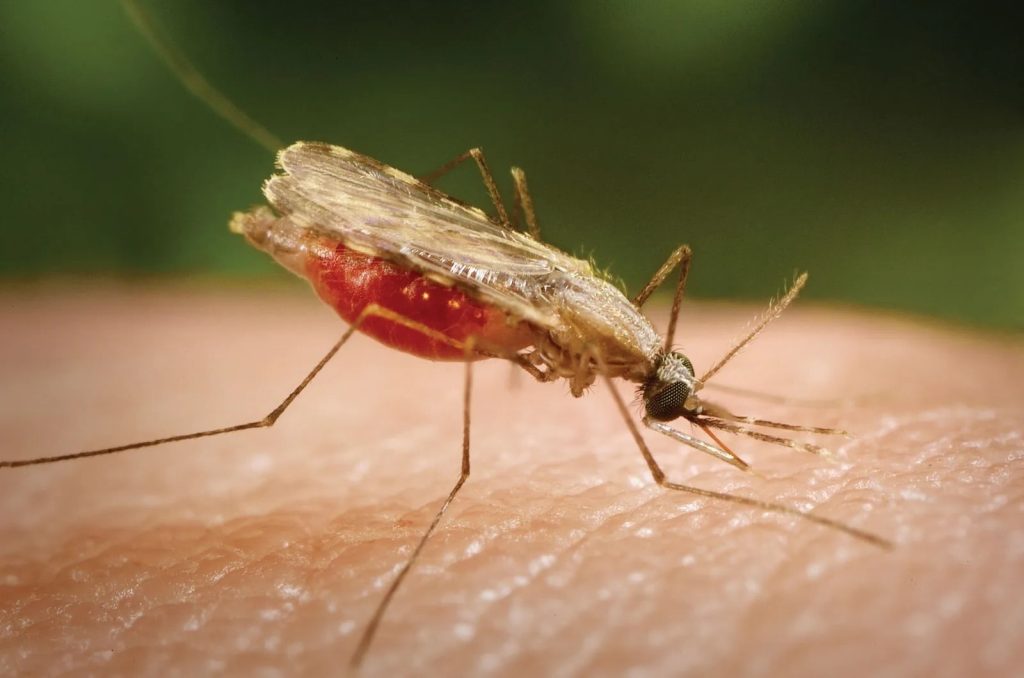Stepping into the annals of history, malaria stands out not just as a disease but as a formidable opponent that has shaped civilizations, economies, and the very course of human evolution. From ancient texts describing its symptoms to modern-day battles against its spread, the saga of malaria is as gripping as any tale of conquest or discovery. April 25, designated as World Malaria Day, serves as a yearly reminder of the global effort required to combat this persistent parasite. But how did we come to understand this disease that once mystified and devastated populations across continents? The breakthrough came when scientists unraveled the role of the Anopheles mosquito in transmitting the Plasmodium parasite, turning the tide in a long-standing war against an invisible enemy. This day not only commemorates the strides made in understanding and combating malaria but also ignites a collective resolve to end its scourge. As we stand on the shoulders of giants like Hippocrates and pioneers who linked mosquitoes to malaria, we're reminded of the journey from despair to hope, from darkness into light.
Key Takeaway
Timeline
Day Activities
-
Engaging Workshops and Seminars: On World Malaria Day, communities come together for enlightening workshops and seminars. These sessions are packed with vital info, from the latest in malaria research to prevention techniques. Experts share insights, while survivors' stories add a personal touch, making the battle against malaria all the more real.
-
Community Clean-up Drives: A key activity is rallying locals for clean-up drives. Since stagnant water is a breeding ground for mosquitoes, these efforts focus on eliminating such sites. Everyone from kids to the elderly pitches in, turning it into a community bonding event with a purpose. Plus, it's a great way to physically show we're in this fight together.
-
Global Awareness Campaigns: Social media buzzes with hashtags and stories, spreading the word far and wide. Celebrities and influencers join the fray, lending their voices to amplify the message. It's all about making noise to keep malaria in the public eye, ensuring the conversation continues beyond just one day.
Interesting Facts
1. Ancient Descriptions
Hippocrates detailed malaria's symptoms around 400 BC, noting its fever and chills.
2. Mosquito Discovery
In 1897, scientists Grassi and Rolland pinpointed the Anopheles mosquito as malaria's vector.
3. Breakthrough Treatments
The 20th century introduced chloroquine and primaquine, revolutionizing malaria treatment.
4. Modern Advances
Recent efforts include artemisinin-based therapies and insecticidal nets, significantly reducing malaria's impact.
5. Global Awareness
World Malaria Day began in 2007, highlighting the fight against this ancient disease.
Why We Love This Day
-
Celebrating progress in the fight against malaria
-
World Malaria Day isn't just another date on the calendar; it's a day to stand up and cheer for the strides made in combating a disease that's been a scourge on humanity for millennia. From the days of Hippocrates, when malaria was a mysterious fever, to now, with our arsenal of ACTs and insecticidal nets, we've come a long way. It's a testament to human ingenuity and persistence, showing just how far we can go when we put our minds to it.
-
Raising awareness and rallying support
-
Let's face it, not everyone knows the ins and outs of malaria, and that's exactly why World Malaria Day is so crucial. It shines a spotlight on a disease that, despite significant progress, still claims too many lives, especially in parts of Africa. This day is about educating folks, spreading the word, and drumming up support for malaria prevention and control measures. It's about getting everyone from policymakers to the person on the street to sit up, take notice, and play their part in this ongoing battle.
-
Honoring those on the front lines
-
Behind every mosquito net distribution, every dose of antimalarial medication, and every sprayed home, there are people working tirelessly to keep others safe. World Malaria Day is a moment to tip our hats to the scientists, healthcare workers, and community volunteers who are the real MVPs in this fight. Their dedication and hard work often go unnoticed, but on this day, we celebrate their contributions and remind ourselves that without them, the battle against malaria would be far from over.
Past & Future Dates
| Month | Day | Year |
|---|---|---|
| APRIL | 25 | 2022 |
| APRIL | 25 | 2023 |
| APRIL | 25 | 2024 |
| APRIL | 25 | 2025 |
| APRIL | 25 | 2026 |
| APRIL | 25 | 2027 |
| APRIL | 25 | 2028 |
FAQ
Why is Malaria Day on April 25th?
World Malaria Day lands on April 25th every year, following its establishment in 2007. Its first global celebration kicked off in 2008, inspired by Africa Malaria Day which African governments have been marking since 2001 on the same date. This choice underlines a unified commitment to defeating malaria.
What is the theme for 2024 World Malaria Day?
"Accelerating the fight against malaria for a more equitable world" sets the tone for World Malaria Day 2024. This theme signals a renewed urgency to break the standstill in malaria reduction progress, highlighting the disease's role in perpetuating global inequities and the importance of catalyzing efforts towards eradication.
Why celebrate World Malaria Day?
April 25, World Malaria Day, underscores the collective global endeavor to diminish and eventually wipe out malaria. Originating from Africa Malaria Day, this annual event shines a spotlight on the ongoing battles against malaria since its inaugural celebration in 2008, emphasizing awareness and rallying support for eradication initiatives.
What is the quote on World Malaria Day?
"We can defeat the deadly disease by maintaining good hygiene and keeping our surroundings clean. Best wishes to everyone on this World Malaria Day. Let us work together to combat this illness that has taken so many lives." This quote embodies the spirit of World Malaria Day 2024, highlighting the power of collective action and the importance of cleanliness in eradicating malaria.
